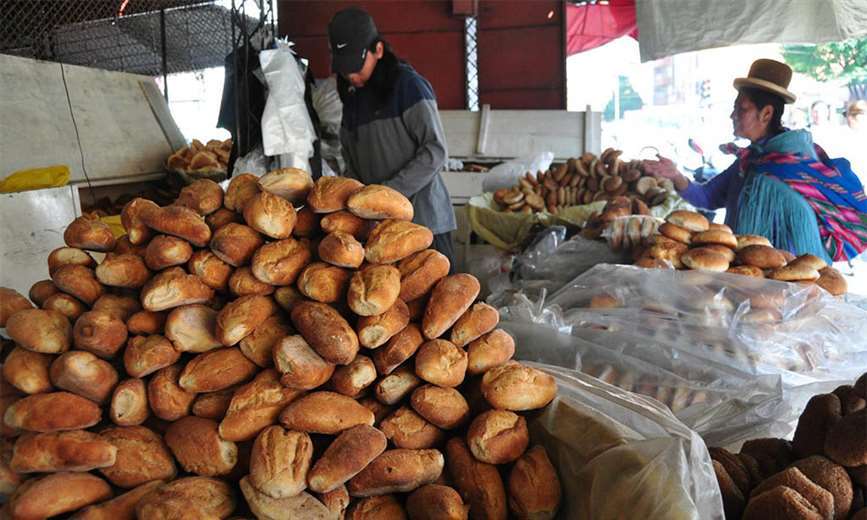Walter Vasquez
The leadership of the bakers of Santa Cruz and La Paz denounced increases of between Bs 40 and 55 in the quintal of flour and that merchants and intermediaries began to hide the product waiting for greater increases in the prices of the input. Emapa maintains that the supply for the sector is assured, but Anapo considers that the price increase is inevitable.
EL DEBER visited stores in La Ramada at 6:00 p.m. yesterday to find out if the item is for sale. In three he did not find the product and in one the quintal was at Bs 220, Bs 55 more than a week ago when it was at Bs 165.
The situation stems from the Russian invasion of Ukrainian territory, which triggered a war between the two countries, which are among the world’s leading wheat producers.
In Bolivia, the lower supply of cereal in the international market led to problems for bread producers and claims to government authorities.
The merchants “and the millers were giving us the quintal at Bs 165 until Saturday and Sunday, but on Monday we woke up with Bs 220 per quintal, and even then they don’t want to sell us,” said Carmen Terán, leader of the bakeries of Santa Cruz. .
market supply
“There is no longer much flour in the markets, they have already hidden it. What there is is sold at Bs 210 or 215 per quintal, when the price before was at Bs 165 and 170”, reported Dandy Mallea, executive secretary of the Federation of Artisan Bakers of La Paz, who received reports that in Cochabamba does not find the input or in Bs 240.
“They don’t want to sell us more than one or two bags per person, when an intermediate bakery needs five bags per day. The authorities are not doing anything to stop this speculation,” said Terán, who assured that the situation will worsen in winter, when bread consumption increases in the country.
On Monday, the general manager of the Food Production Support Company (Emapa), Franklin Flores, indicated that the state-owned company has 130,000 tons of wheat stored in silos with which it ensures the supply of flour in the domestic market and the stability of the price of bread.
Data from the Association of Oilseed and Wheat Producers (Anapo) show that national wheat production is around 300,000 tons per year, while annual demand amounts to 700,000 tons. The deficit is mainly imported from Argentina or enters the country via contraband.
“As domestic demand depends 60% on imports and smuggling, surely the rise in the price on the international market will result in an increase in prices,” said the general manager of Anapo, Jaime Hernández. Thus, Anapo called on the authorities to establish “a work agenda” to increase local wheat production.
According to Mallea, Argentine millers are stopping selling flour to Bolivia in the hope that input prices will rise even more.
















